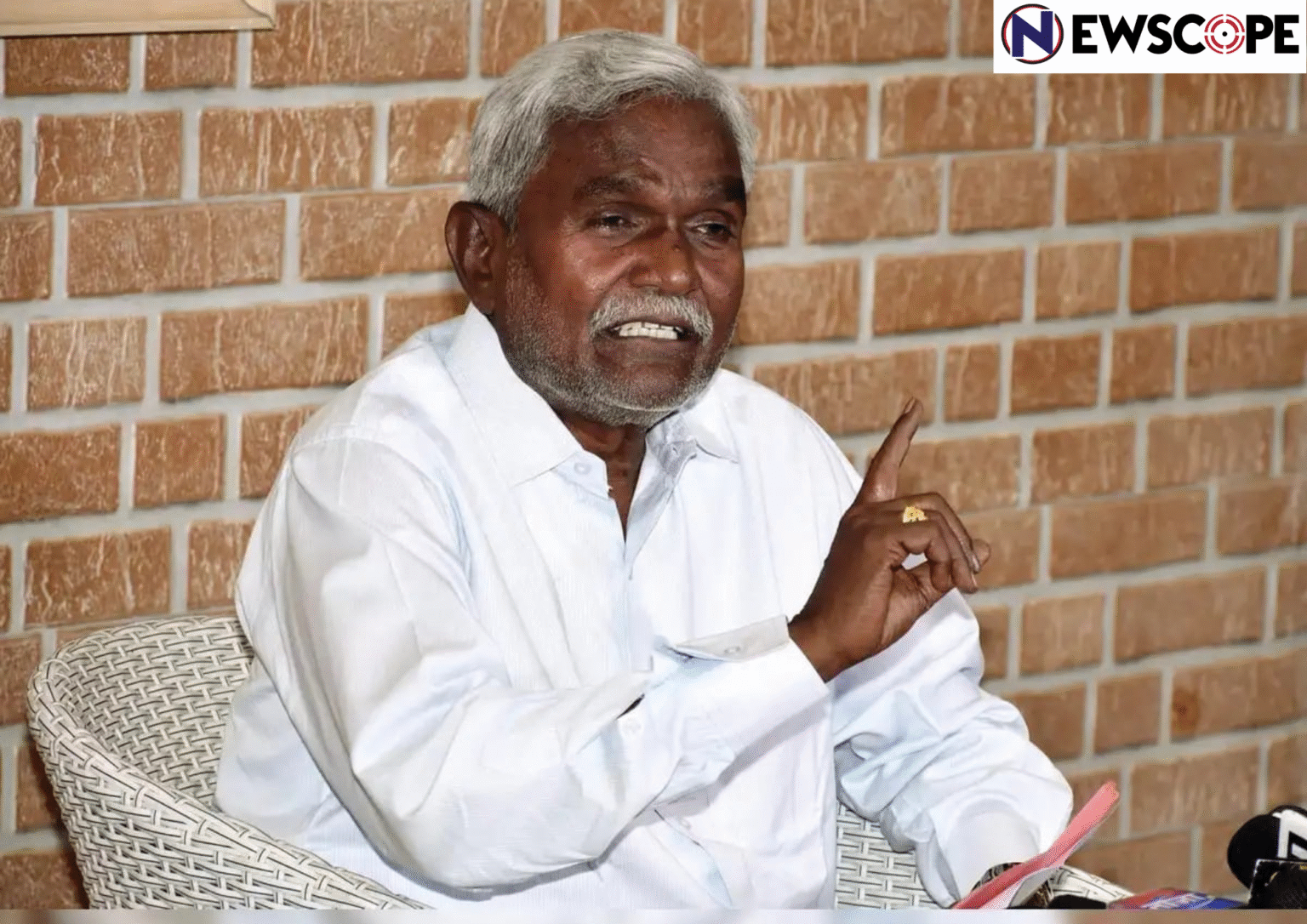Former Jharkhand Chief Minister Champai Soren was put under house arrest Sunday morning. This happened just hours before he was supposed to join a major protest by Adivasi groups against land acquisition for the proposed RIMS-2 hospital in Ranchi. Soren shared this information on social media, stating, “To prevent the voice of the tribal/indigenous farmers of Nagdi from being raised, the Jharkhand government has placed me under house arrest since this morning.”
Soren told the media that police officials arrived at his home at 7 a.m. They asked him to cooperate and not leave. He also claimed that many protesters from across Jharkhand who were on their way to join the “Hal Chalao Ropa Ropo” campaign were stopped and detained by the police. The protest, organized by the Nagdi Zameen Bachao Sangharsh Samiti, aims to oppose the government’s plan to build the second campus of RIMS on land that Adivasi groups say is traditionally used for farming and belongs to them.
Meanwhile, Health Minister Irfan Ansari denied these claims. He asserted that the land does not belong to local residents and that their interests will not be harmed. The government is promoting RIMS-2 as an important healthcare project for the state. The planned facility is a 2,600-bed super-specialty hospital, intended to be similar to the Amrita Hospital in Faridabad. It is designed to include specialties such as cardiology, oncology, and neurosurgery, along with a medical college and research center.
This Rs 1,000-crore project, supported by the Asian Development Bank, is promoted as a project that could make Ranchi a key healthcare and medical tourism hub in eastern India. However, activists are determined to continue their fight. Sita Kachhap, a member of the Nagdi Zameen Bachao Sangharsh Samiti, reported that she and four other women were taken from their homes by police around 4 a.m. and brought to Kanke police station. She said they were detained without explanation and were only told to stay there. “The administration wants to break our unity, but people from villages have already come together. This is now a do-or-die struggle for Adivasi land,” Kachhap stated, emphasizing her community’s commitment to fight for their land.



